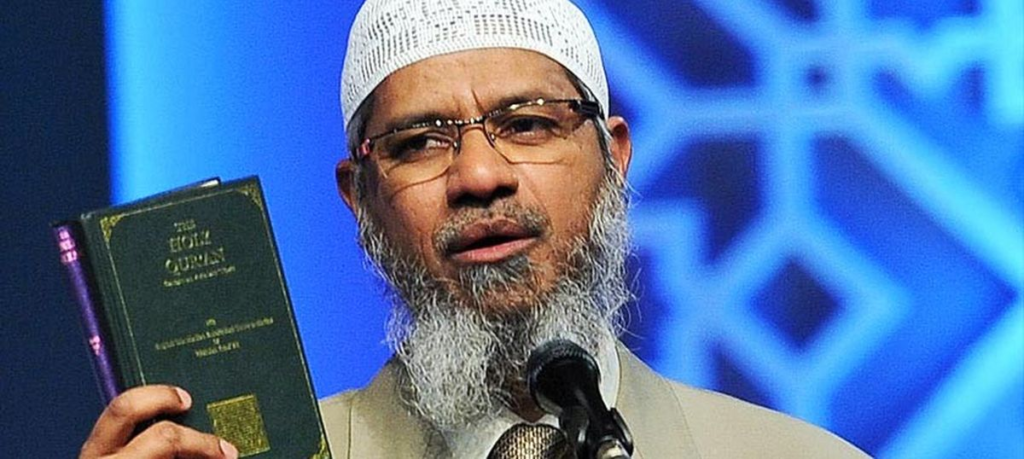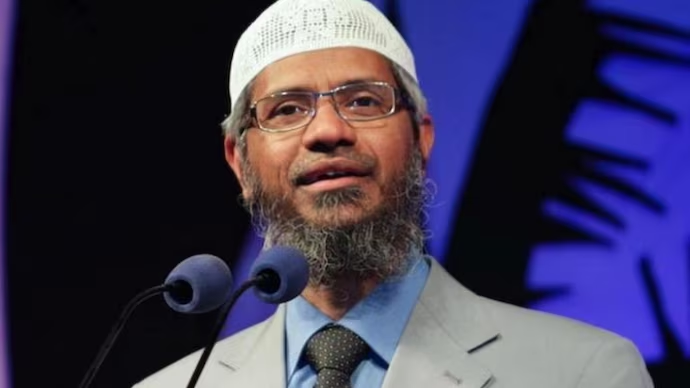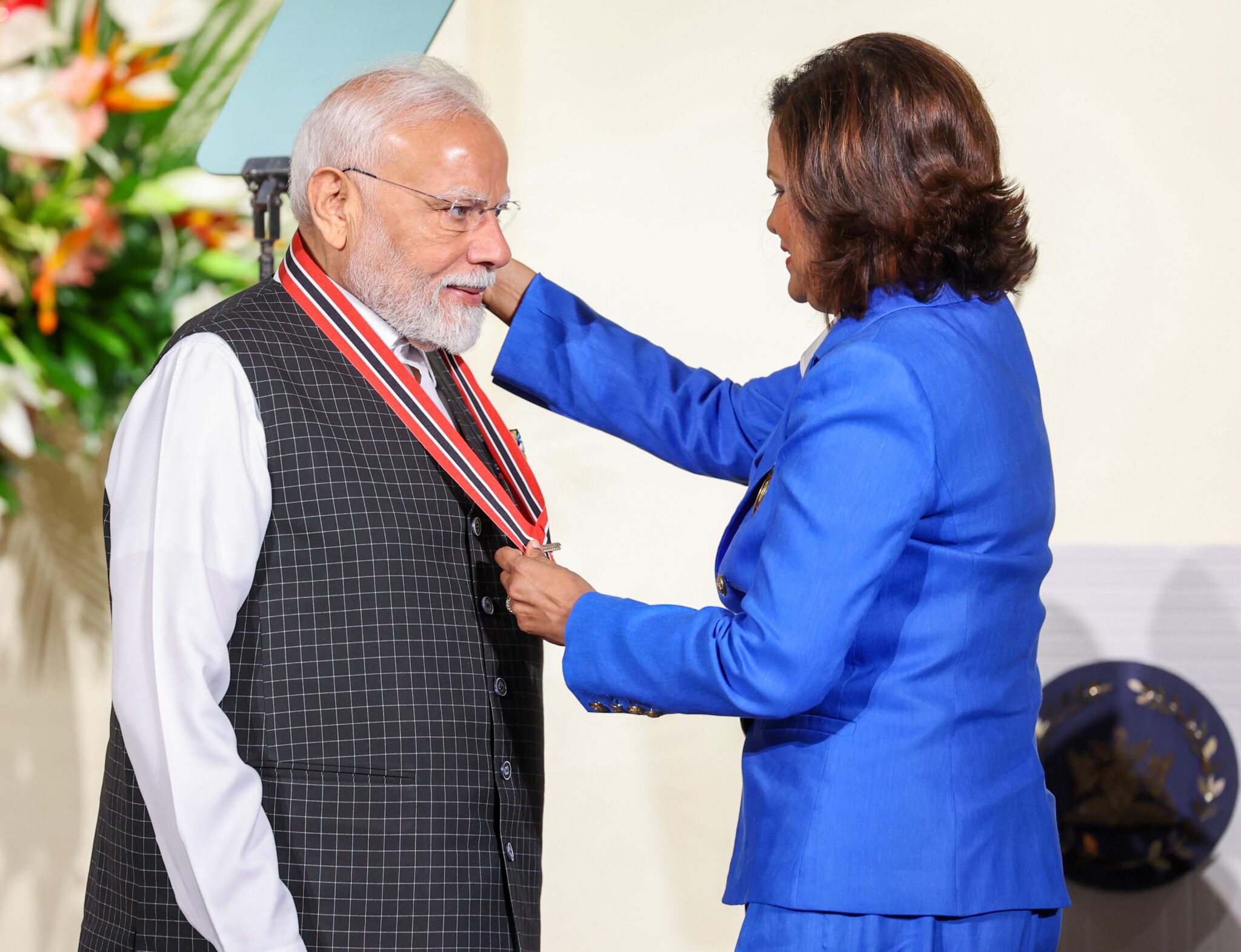In a shocking turn of events, renowned Islamic scholar Dr. Zakir Naik has reportedly been poisoned by an unknown assailant in Malaysia. The controversial figure, known for his lectures on comparative religion and Islamic teachings, has long been a subject of heated debates and controversies. The alleged poisoning has added a new dimension to the already complex narrative surrounding Dr. Naik.
Background:
Dr. Zakir Naik, an Indian-born Islamic preacher, gained international prominence for his lectures and discussions on Islam, comparative religion, and social issues. He founded the Islamic Research Foundation (IRF) in India and later sought refuge in Malaysia in 2016, after facing allegations of promoting religious intolerance and inciting violence in his home country.

Controversial Figure:
Throughout his career, Dr. Naik has been a polarizing figure. While some admire his scholarship and articulate defense of Islam, others criticize him for promoting a rigid interpretation of the religion and for making statements that are seen as inflammatory and divisive. Several countries, including the United Kingdom, Canada, and India, have banned him from entry due to concerns about his speeches and their potential to incite violence.
The Alleged Poisoning:
Details surrounding the alleged poisoning of Dr. Zakir Naik remain sketchy, with Malaysian authorities investigating the incident. Reports suggest that an unknown man approached Dr. Naik and administered a toxic substance, leading to his hospitalization. The motive behind the attack remains unclear, and the identity of the assailant is yet to be determined.

International Response:
News of the alleged poisoning has sparked widespread concern among Dr. Naik’s followers and the global community. Islamic scholars, human rights activists, and government officials from various countries have called for a thorough investigation into the incident. Many have condemned the use of violence as a means to silence individuals with differing opinions, emphasizing the importance of free speech and religious tolerance.
Malaysian Authorities’ Response:
The Malaysian authorities have taken the matter seriously, launching an investigation to identify the assailant and ascertain the motive behind the attack. Law enforcement agencies are examining CCTV footage, questioning witnesses, and gathering evidence to piece together the events leading up to the alleged poisoning. The Malaysian government has assured the public that those responsible will be brought to justice.

Implications for Religious Freedom:
The incident involving Dr. Zakir Naik raises concerns about the state of religious freedom and tolerance in Malaysia. As a country with a diverse population practicing various religions, Malaysia has been praised for its historically harmonious coexistence of different faiths. However, this incident has the potential to strain interfaith relations and ignite further debates about the boundaries of religious expression and dialogue.
Conclusion:
The alleged poisoning of Dr. Zakir Naik in Malaysia has sent shockwaves through the international community. As the investigation unfolds, the incident highlights the delicate balance between religious freedom, freedom of speech, and the need to maintain social harmony. The outcome of this case may have far-reaching implications not only for Dr. Naik but also for the broader discourse on religious tolerance and diversity in Malaysia and beyond.









